Should training be comfortable?
One of the first questions that I ask new clients is what exercise have you done before? And what did you enjoy doing?
The answer to these questions gives clear guidance about what exercise or workouts I should put into the training plan to keep the athlete engaged and motivated to train. It is important that you enjoy your training and want to keep going as that is the best way to help build a long term habit.
The downside to this comfort zone training is that if you are always doing the same activities at the same intensity you are limiting the stimulus on the body to create change or make improvements.
The next big question to ask is the why? Why have do you want to start training now? What has motivated you?
Whenever you embark on a new challenge that is going to mean a higher investment of your time, money, energy; having a clear why is important as that will help you to keep going on the days you just don't feel like it!
Do you need to be uncomfortable?
Once you know your why and have a clear focus for your training we can start to look at whether being outside your comfort zone is right for you. Some of you may be happy with your level of fitness and are just looking to maintain that as exercise is an emotional release that makes you feel good. Just doing something for you, without the pressure of hitting certain requirements is a valid reason to train and in this instance reducing stress in exercise might be the best thing. Stay comfortable.
Most of the time, however, when you seek out a coach or personal trainer it is because you realise that what you have done so far has not achieved what you wanted. This could be a lack of expertise and knowledge but I would say it is just as true that you are looking for someone to help guide you out of your comfort zone.
Stepping out into a new training block or trying a new exercise will always take time and require a suitable progression from your current training status. The guidance from a coach in this instance is important, so that it doesn't become a leap of faith, can my body do this? Rather, I've been preparing for this and this is the next step.
It is important to recognise how well you cope with change and new challenges as the mental preparedness will affect your success in these situations. Some people relish the rush of the unknown or lack of control, while others can be fearful or anxious moving into this period. A good coach will recognise this and program accordingly giving you the right type of support but don't be afraid to let your coach know how you feel. The more open the communication is here the better the chance of succeeding.
As you start to work outside your comfort zone you will realise that with time it becomes more comfortable. In reality, don't think about the workouts as uncomfortable but more that you are expanding your comfort zone. The clear benefit is that as you get used to working hard then the easy days get easier in your training and you become mentally tougher as you learn that you can get through a tough time. This is never more important than when you are competing in an event and one day you have a race that doesn't go to plan, but you you don't throw in the towel but grit your teeth as you adjust to complete it.
As you go through training it will be easier to prepare yourself for the uncomfortable moments knowing that last time you were in this situation you got through it and came out stronger!
There is great value in being uncomfortable at times but make sure you get guidance and don't push beyond your limits. Take a step outside your comfort zone; don't try to run away from it completely.
Below is a podcast I listened with Rebecca Rusch, a multi-sport endurance athlete, discussing how she has built a habit of pushing herself.


